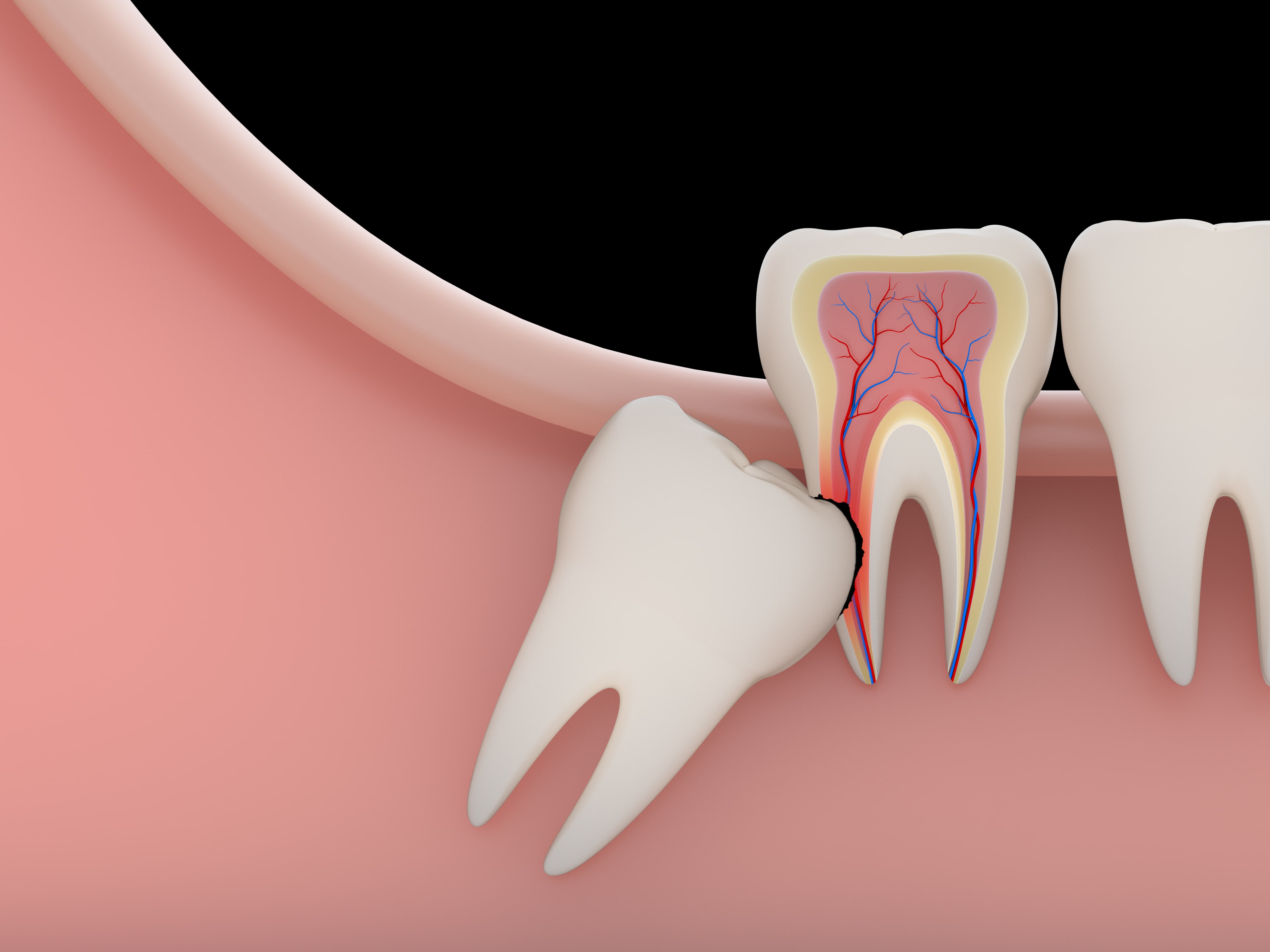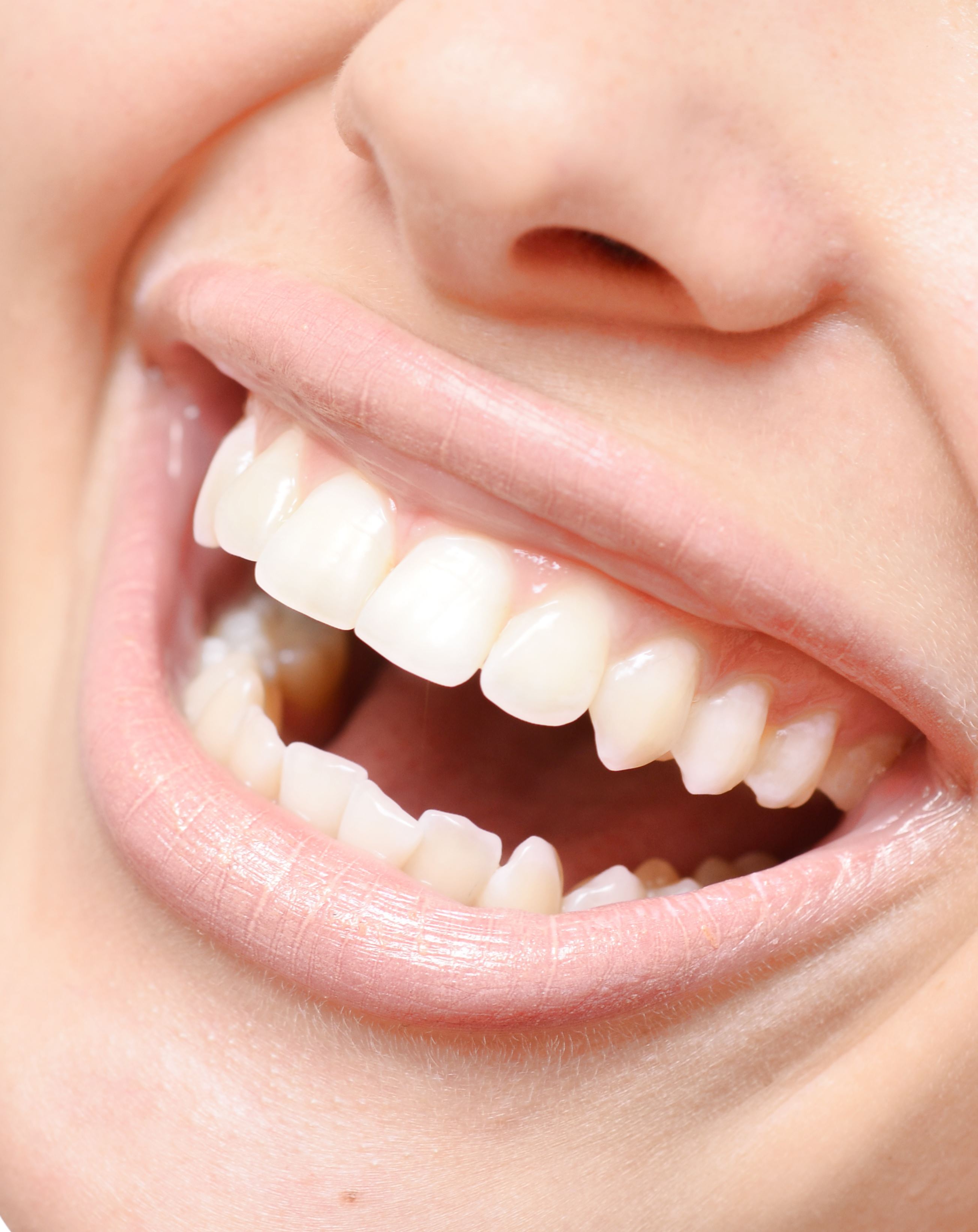781 Centre Road, East Bentleigh, VIC 3165
-
Mon- Fri 8am – 5pm
Dry mouth is a common oral condition characterised by a reduction in the flow of saliva. Symptoms include dryness in the mouth, frequent thirst, mouth sores, difficulty chewing and swallowing, bad breath, and soreness, among others. The condition also allows bacteria to spread, which increases the risk of gum disease, tooth decay and mouth infections. Deficiencies in saliva production can be caused and exacerbated by a range of factors, including certain medications, health conditions and medical treatments, in addition to nerve damage, dehydration and dietary or lifestyle choices. This blog post contains more details about dry mouth and what you can do to treat the condition.
Adjust Your Dietary & Lifestyle Choices
Various diet and lifestyle choices can contribute to the causes and symptoms of dry mouth. You can alleviate the symptoms by making some changes and adjustments to your habits, including limiting if not eliminating your consumption of caffeine and alcohol along with other beverages that have a high acid or sugar content. You should also consider avoiding tobacco, stopping smoking, and reducing your intake of salty foods. In addition, visiting your dentist at least twice a year for a check-up will ensure any issues are identified and treated early.
Drink Fluids Regularly & Stay Hydrated
It’s important to drink plenty of fluids and stay hydrated as a general rule of thumb, but there are even more reasons to do so if you suffer from dry mouth. Sipping water on a regular basis can help keep your mouth moist and loosen mucus, providing relief from the symptoms of dry mouth. It’s suggested that you carry water with you throughout the day and keep water by your bed at night.
Try Sugar-Free Gum & Saliva Substitutes
People can chew on sugar-free gum or suck on sugar-free candy to alleviate dry mouth. The sucking and chewing actions stimulate saliva flow, temporarily restoring mouth moisture. There are also over-the-counter saliva substitutes in addition to fluoride toothpastes, fluoride rinses and moisturising gels that are specially formulated to treat dry mouth.
The Saliwell Salipen Intraoral Device
The Salipen intraoral device safely targets the salivary glands using electrical pulses, stimulating the production of salvia to effectively treat dry mouth and bad breath. This cutting-edge and clinically tested device uses the body’s natural response to electro-stimulation, reducing the need for costly medication or mouth rinses. In addition, there are no side effects or painful sensations to worry about as the pulses are below the human sensitivity level.
Other Tips & Suggestions for Dry Mouth
Other useful strategies for managing and treating dry mouth include:
- Avoiding mouth rinses and mouthwashes that contain alcohol or peroxide
- Breathing through your nose rather than your mouth as much as possible
- Using a room vaporiser or humidifier to increase air moisture at night
- Moistening dry foods with broths, soups, sauces, gravy and other condiments
- Avoiding over-the-counter antihistamines and decongestants
These suggestions can help to prevent dry mouth symptoms from getting worse, if not improve them.
Visit a Dentist for Advice & Assistance with Dry Mouth Today
If you suffer from dry mouth and want professional advice on how to treat it effectively, the team at East Bentleigh Dental Group can help. Visit our contact page for more details about how you can get in touch with us to arrange a consultation, during which we’ll assess your condition and recommend appropriate solutions that provide relief.







